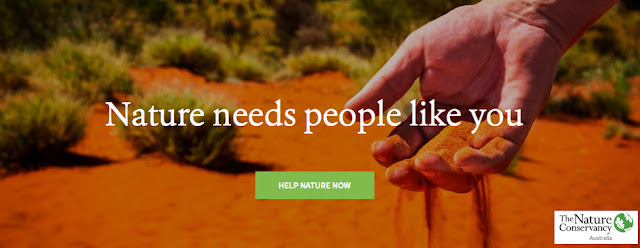GET CONNECTED TO NATURE
"When I admire the wonders of a sunset or the beauty of the moon,my soul expands in the worship of the creator.“ -Mahatma Gandhi
___________________________________________________________
 |
| By Henry Kazula,
Author: Mtazamo Wako Ni Upi?
|
SPONSORED BY
 |
| https://www.facebook.com/seetanzania?ref=bookmarks |
When
I was reading a book “Love of Nature: In My Life” by “Nature
gives us discoveries, pleasures and lessons for survival.” It is obvious to
have the so mentioned three when you take time to appreciate, find and get
connected to Nature itself.
Learning, connecting and the so what Robin
Sharma noted in his book of Who Will Cry When You Die; "communicating with
nature is also an excellent way to unloack your creativity and generate new
ideas.“
When we want to get connected and learn from
Nature, we need to start with appreciation to it. This is a nice beginning to
creativity and discoveries. Mahatma Gandhi in his life time recognized and
appreciate the goodness of Nature and affirmed to say; "When I admire the
wonders of a sunset or the beauty of the moon,my soul expands in the worship of
the creator.“ His soul- as his name “Mahatma”
(meaning ‘Great Soul’) implies"- the "eye of inner soul" had real
connection to Nature and he felt the pleasure. His appreciation to Nature, with
right understanding of human-nature relationship made him to be an icon and
inspiration to the world.
Isaac Newton had real connection with Nature
as from that context he came up with a noble idea that revolutionize the
world. The world renowned laws of gravity by Newton was a result of him sitting
and relaxing under an apple tree.
In connecting with Nature, I used to get a
lesson from tendrils as they used to
seek for support and opportunity to nourishment-light as an important raw
material to food production in plants.Tendrils struggle to ensure that they get
support to reach the light. In real life, we need to "stand on the
shoulders of the giants“ to excell also
to find the opportunity in life from challenges.
Erin Janus an animal rights activist and aspiring
musician, writer and video producer revealed the health benefit of being
connected to Nature. Janus in her article of “6 Ways To Become More Connected With
Nature” noted that; “Walk barefoot and feel the earth on your feet. The
practice of doing this has been coined ‘earthing’ or ‘grounding’ and has been
shown to improve the function of the nervous system, heart, muscles, result in
better sleep and prevent the occurrence of disease.”
With modern technology, mankind is said to face a forthcoming
threat on the way he get real connection to Nature; most conservationists
reported. In real sense, we have started losing contact with Nature.
LiveScience reported Peter
Kahn, a University of Washington psychologist when asserted that; “With so much
of life based on electronic representations of reality, humans risk losing
touch with Nature.” No one can deny that we are
living in a digital world whereby our problems have been solved with technology.
Kahn and two of his
graduate students, Rachel Severson and Jolina Ruckert believe that,
increasingly use of web cams to offer views of wildlife to virtual tours of the
Grand Canyon to robotic pets, modern technology may emerge as one of the
central psychological problems of our times.”
Kahn argues; "We are
a technological species, but we also need a deep connection with nature in our
lives." We are required to open eyes to see the reality and the usefulness
of mankind to get connected to Nature; the mostly important is about protecting
creativity to our children. Taking example of “Robot and virtual pets are
beginning to replace children's interactions with biologically live pets,"
Ruckert said.
You better start
encouraging the children and the youth to get real connection with Nature by
being a real example. Get involved with your family in connecting with Nature. Spend
vacation with your family to have real experience of the goodness of Nature.
Published by Jielimishe Kwanza






